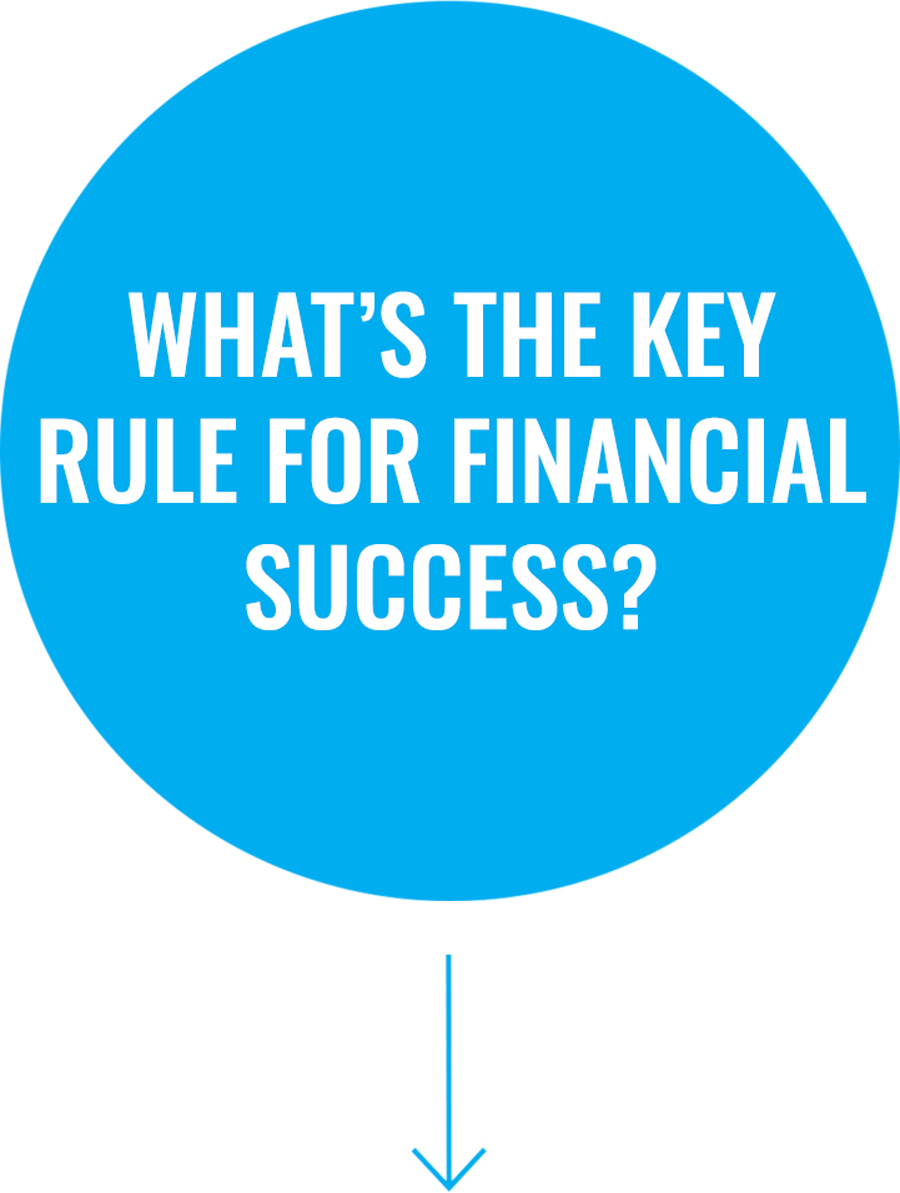
How to Manage Your Finances

Illustration: Joel Kimmel
 Professor Stacy Mastrolia, accounting, teaches a hugely popular personal finance course for students of all majors. The class starts with balancing a checkbook, developing a budget and reading a rental property lease, and progresses to the intricacies of IRAs, 401(k) plans and mutual funds. With the credo “debt is bondage,” Mastrolia advises that seniors considering grad school take a gap year or two to work and save money before enrolling. Here, she shares insights relevant to everyone, not just soon-to-be graduates.
Professor Stacy Mastrolia, accounting, teaches a hugely popular personal finance course for students of all majors. The class starts with balancing a checkbook, developing a budget and reading a rental property lease, and progresses to the intricacies of IRAs, 401(k) plans and mutual funds. With the credo “debt is bondage,” Mastrolia advises that seniors considering grad school take a gap year or two to work and save money before enrolling. Here, she shares insights relevant to everyone, not just soon-to-be graduates.
Everybody should have a financial plan. It should be your plan and true to who you are and what you want to accomplish.

Start with bare-bones needs and build up from there. You need food; you do not need sushi. You need shelter; you do not need an apartment by yourself. Beyond your basic needs, see how much financial room you have to set a budget that lets you be comfortable.

You don’t really need them. You can do most everything you need with a debit card. You don’t need to worry about building a credit score if you don’t go into debt. You can buy a house without a credit score — some banks will do what’s called “manual underwriting.”

Automatically put part of your paycheck into savings and then automatically invest it. You won’t spend it, because you won’t know it’s there.

The ordinary person can be a millionaire at retirement if you start early with steady savings and investments. It’s not necessarily how much you make; it’s having a plan. But you will have to say “no” to some things to say “yes” to other things.